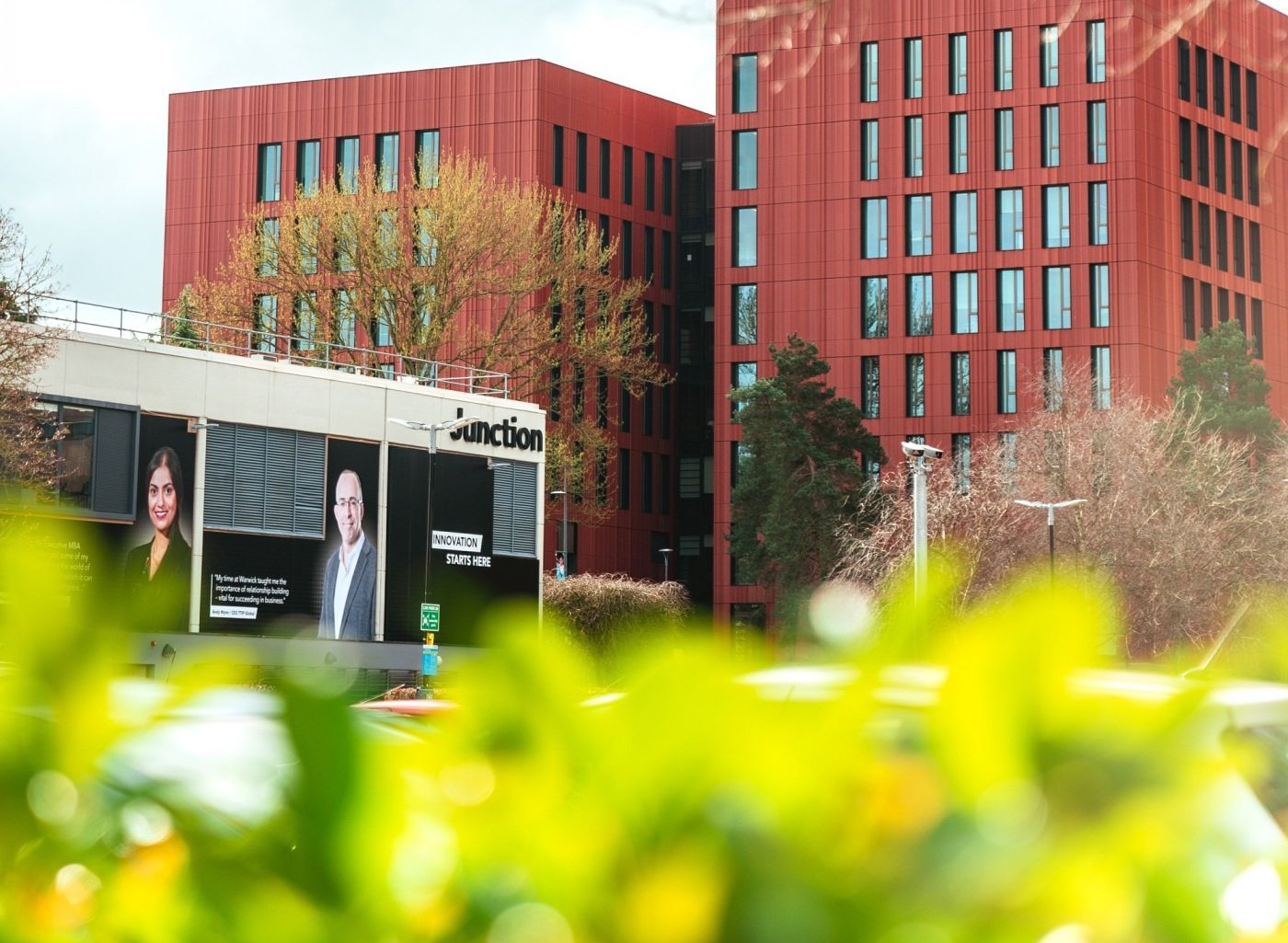Warwick to lead international collaborative study on language policy
The University of Warwick is set to lead a £2.5 million research project into language policy across Europe, it has been announced.
Led by Professor Angela Creese, the collaboration of nine universities in nine countries aims to investigate the diversity of linguistics in Europe despite an ever-globalised world.
The research, titled “Strategies to strengthen European linguistic capital in a globalised world”, or simply “MultiLX”, is a collaboration between the University of Warwick and University of Glasgow (UK), the University of Oslo (Norway), the Open University of Catalonia (Spain), the University of Freiburg (Germany), the University of Turin (Italy), the University of Jyväskylä (Finland), the University of Limerick (Ireland), and the University of Teacher Education Lucerne (Switzerland).
The research project states that the flow of people across Europe becoming more intertwined, alongside the advancement of AI and other technology, has meant the linguistic makeup of Europe has been altered.
The research project aims to explore this so that it can gather evidence and make recommendations to language policymakers aiming to protect minority and endangered languages.
With this evidence we will make recommendations for an equitable language policy in Europe which reflects young people’s semiotic repertoires [means of communicating]
Professor Angela Creese, University of Warwick
It plans to study a diverse geographic range of approaches to language conservation.
This includes areas in which speakers are concerned with language endangerment, such as Norway and Switzerland; where people are investing in revitalising smaller languages, such as Galicia, and Catalonia; and where the prevalence of migrant languages renders multilingualism the norm, such as in Germany and Italy.
Professor Angela Creese said she planned to conduct the research through ethnographic observations. Ethnography involves observing people in their own environment to understand their experiences, perspectives, and everyday practices.
Professor Creese wants to study the language practices of young people both in person and online.
She said: “By conducting ethnographic observations […] academics will gain a comprehensive knowledge of the everyday language practices of young people, including their digital practices.
“With this evidence we will make recommendations for an equitable language policy in Europe which reflects young people’s semiotic repertoires.”
Once sufficient evidence is collected, the researchers hope to recommend policies which support language learning and preservation for all people in Europe.
The MultiLX project is set to run between 1 January 2025 and 31 December 2027. Once concluded, it hopes to shape the future of European language policy and practice.

Comments